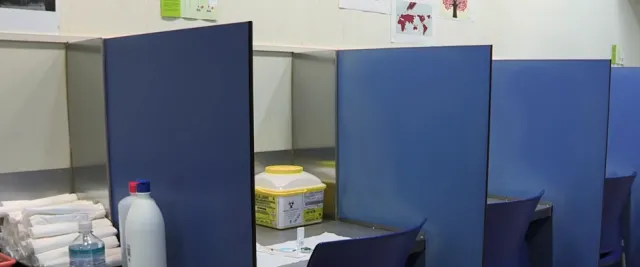Psychosocial interventions for Amphetamine-type stimulants (ATS - meth/amphetamine and ecstasy) use were found in review of reviews with meta-analysis (Tran et al., 2021) that:
- membership of a psychological intervention group was associated with an important reduction in drug usage (risk ratio (RR) 0.80, 95% CI: 0.75 to 0.85, high-quality evidence)
- the combination of therapies reduced 1.51 day using drugs in the preceding 30 days (95% CI: −2.36 to −0.67) compared to cognitive behavioural therapy intervention alone (high-quality evidence)
- compared to usual care, cognitive behavioural therapy was less likely to be retained at follow-up (RR 0.89, 95% CI: 0.82 to 0.97; high-quality evidence). However, the additional of contingency management strategy can make an important improvement upon retention (RR 1.42, 95%CI: 1.25 to 1.62)
Psychosocial interventions considered in the analysis were:
1. Cognitive behaviour therapy (CBT)/ Cognitive Behaviour Therapy combined with Text messages/ Computer-based Cognitive Behaviour Therapy intervention; 2. Contingency management (CM); 3. Psychosocial therapies (combined CBT+ MI+ CM+BI + others); Matrix; 4. Motivational interviewing (MI); 5. Brief intervention (BI); 6. Case management; 7. Community-based management, therapeutic community; harm reduction group therapy; 8. Mindfulness; 9. 12 steps facilitation; 10. Family therapy.
- psychosocial interventions
- reduce substance use
- retain patients in treatment
- Treatment
- amphetamines










